A pioneering clinical study found that pairing vagus nerve stimulation (VNS) with traditional therapy eliminated PTSD diagnoses in all participants up to six months post-treatment.
Category: biotech/medical – Page 74

Bridging worlds: Physicists develop novel test of the holographic principle
Exactly 100 years ago, famed Austrian physicist Erwin Schrödinger (yes, the cat guy) postulated his eponymous equation that explains how particles in quantum physics behave. A key component of quantum mechanics, Schrödinger’s Equation provides a way to calculate the wave function of a system and how it changes dynamically in time.
“Quantum mechanics, along with Albert Einstein’s theory of general relativity are the two pillars of modern physics,” says Utah State University physicist Abhay Katyal. “The challenge is, for more than half a century, scientists have struggled to reconcile these two theories.”
Quantum mechanics, says Katyal, a doctoral student and Howard L. Blood Graduate Fellow in the Department of Physics, describes the behavior of matter and forces at the subatomic level, while general relativity explains gravity on a large scale.
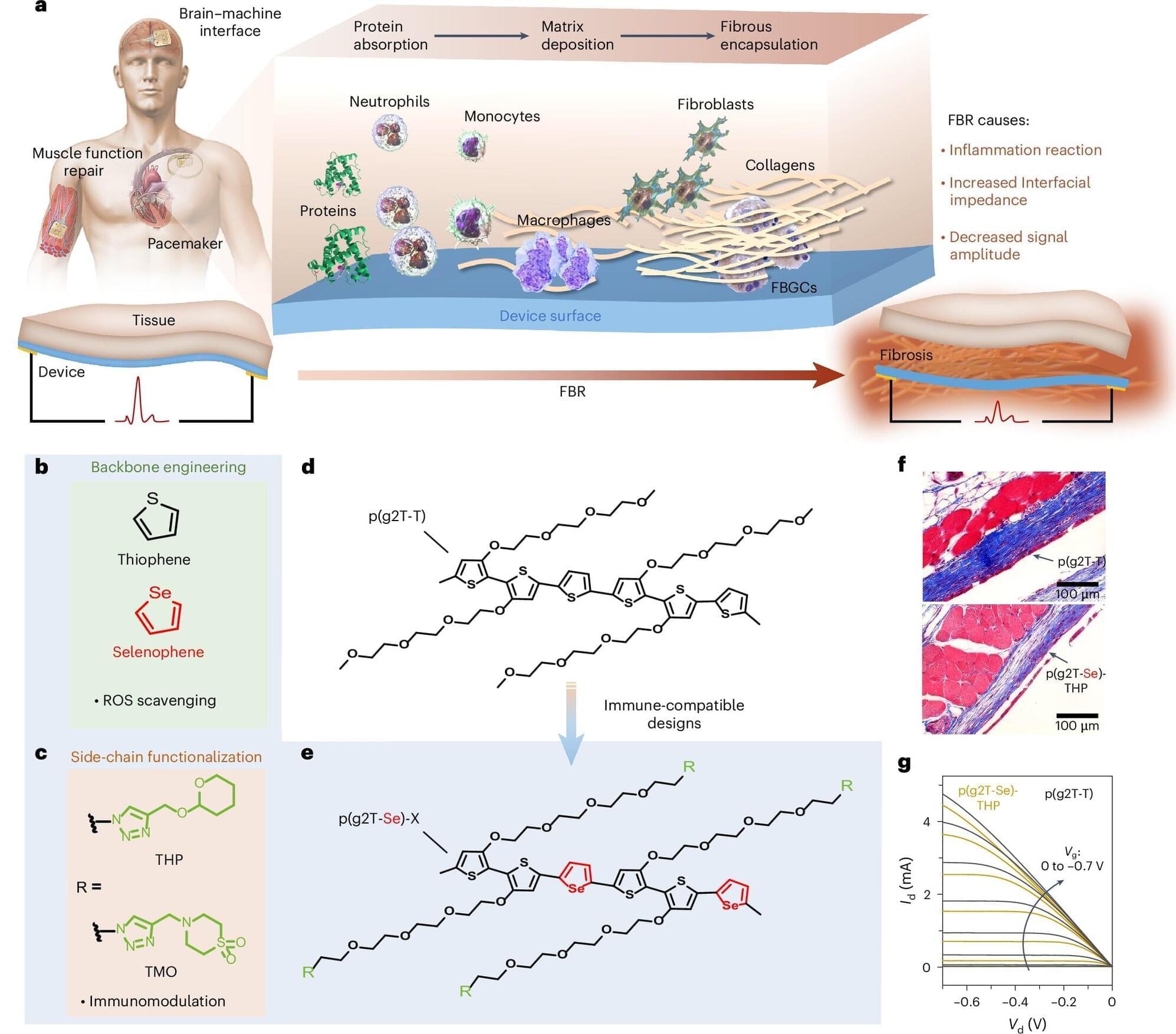
Semiconducting polymer design strategies point way to reducing scar tissue around implants
Over time, scar tissue slows or stops implanted bioelectronics. But new interdisciplinary research could help pacemakers, sensors and other implantable devices keep people healthier for longer.
In a paper published in Nature Materials, a group of researchers led by University of Chicago Pritzker School of Molecular Engineering Asst. Prof. Sihong Wang has outlined a suite of design strategies for the semiconducting polymers used in implantable devices, all aimed at reducing the foreign-body response triggered by implants.
The immune system is primed to detect and respond to foreign objects. In some cases, the immune system might reject lifesaving devices such as pacemakers or drug delivery systems. But in all cases, the immune system will encase the devices in scar tissue over time, hurting the devices’ ability to help patients.
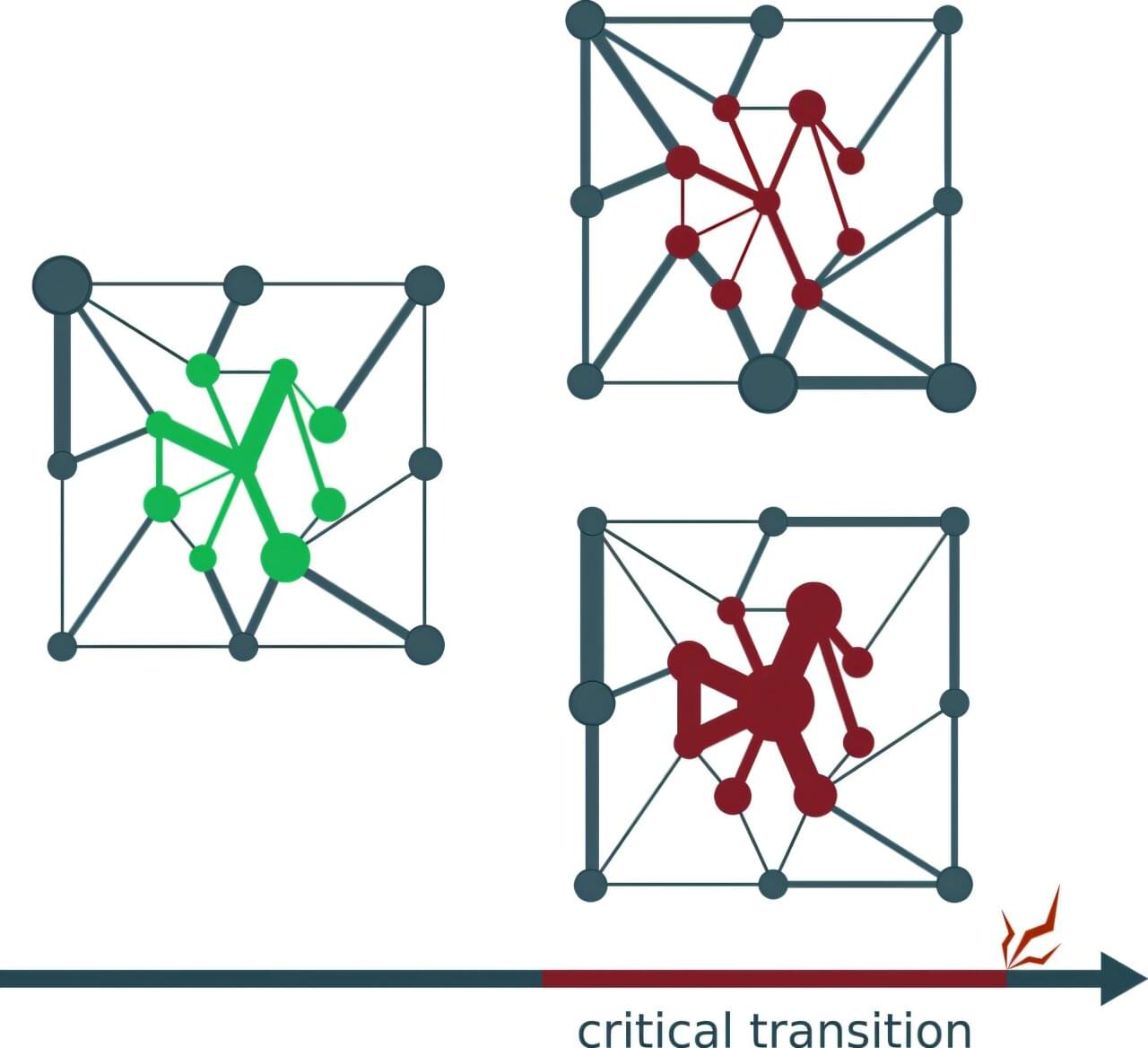
Hidden network links may predict sudden shifts like seizures and climate tipping points
The global climate is in an imbalance. Potential “tipping elements” include the Greenland ice sheet, coral reefs, and the Amazon rainforest. Together they form a network that can collapse if just one individual component tips.
Researchers from Bonn University Hospital (UKB) and the University of Bonn have now shed light on seemingly sudden and rare, often irreversible changes within a system, such as those that can be observed in the climate, the economy, social networks or even the human brain. They took a closer look at extreme events such as epileptic seizures.
Their aim was to better understand the mechanisms underlying such changes in order to ultimately make predictions. The results of their work have now been published in the journal Physical Review Research.
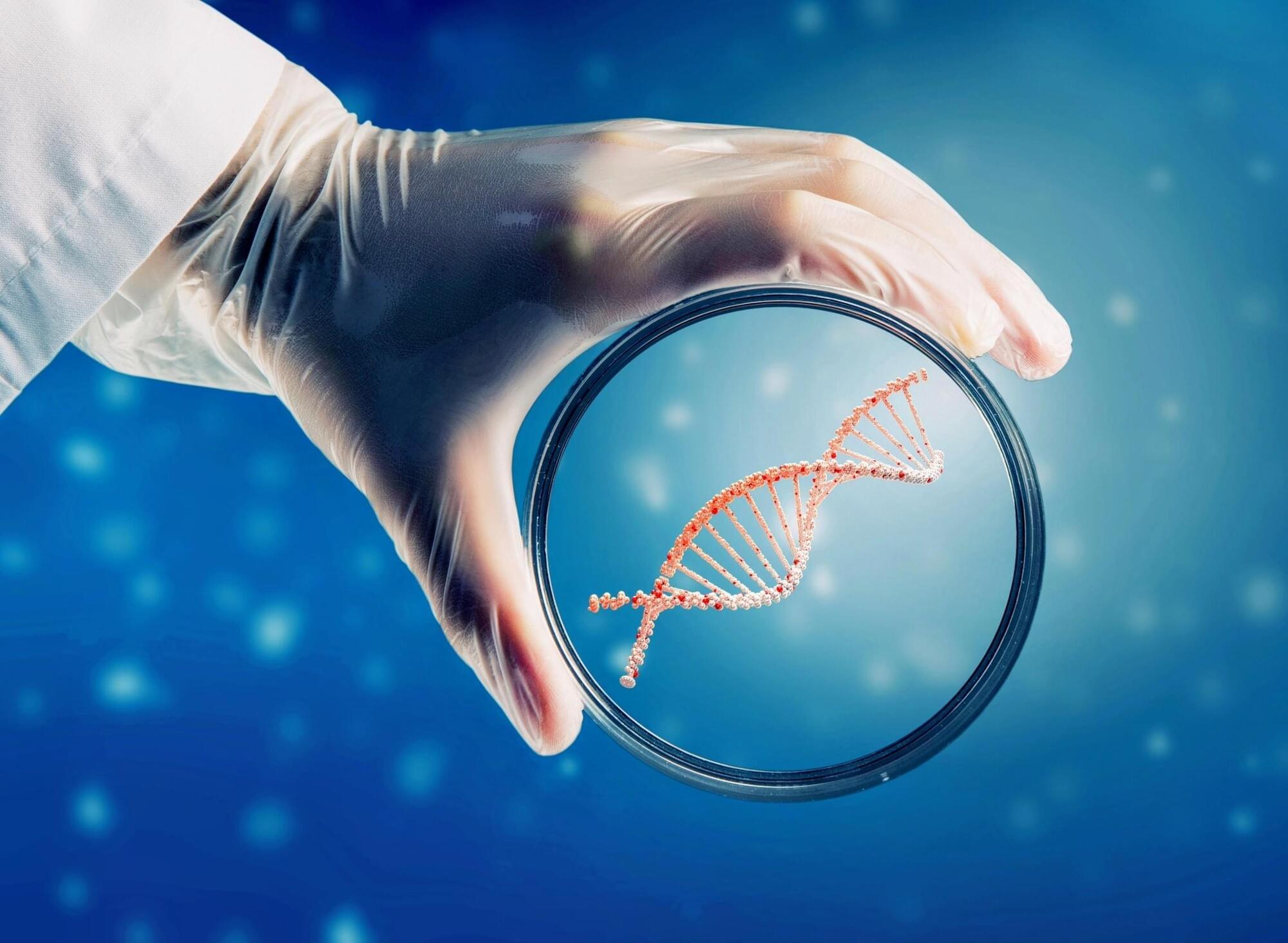
How old are you, really? Tool measures aging from the inside out
A new health-assessment method, called the Health Octo Tool, uses eight measures drawn from physical exams and routine lab tests to calculate a person’s biological age.
The tool may predict an individual’s risk of disability and death more accurately than existing health predictors.
The research team, led by Shabnam Salimi from the University of Washington School of Medicine, believes the tool could uncover new factors that shape the aging process and help design interventions to extend lifespan. Salimi is a physician-scientist and acting instructor in the Department of Anesthesiology & Pain Medicine.
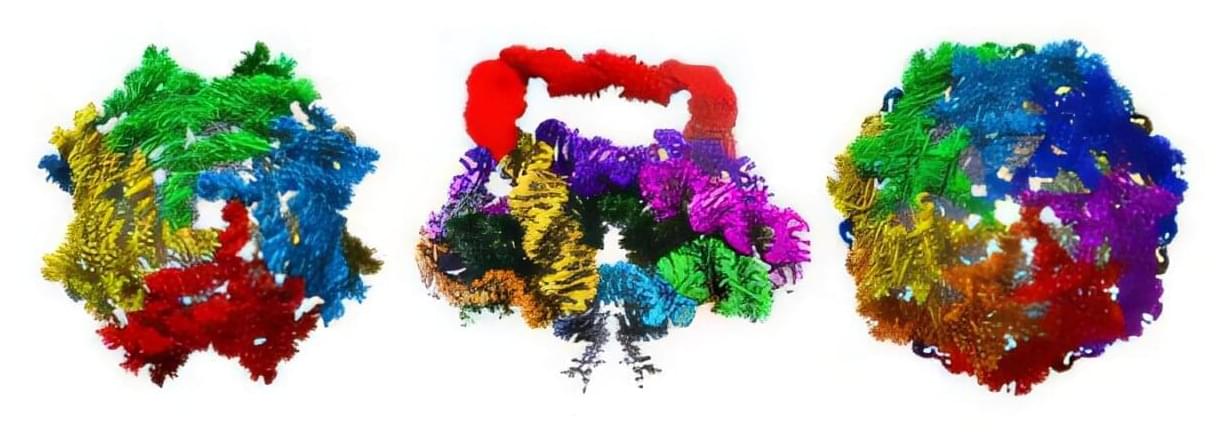
Researchers discover large protein-free RNA structures
Ribonucleic acid (RNA) molecules may be best known for their job ferrying the genetic information encoded in DNA to a cell’s protein factories, but these molecules aren’t just a middleman for protein production. In fact, some RNA molecules don’t code for proteins at all and serve various other important functions in cells, such as regulating gene expression and catalyzing chemical reactions. However, the functions of many non-coding RNAs remain mysterious.
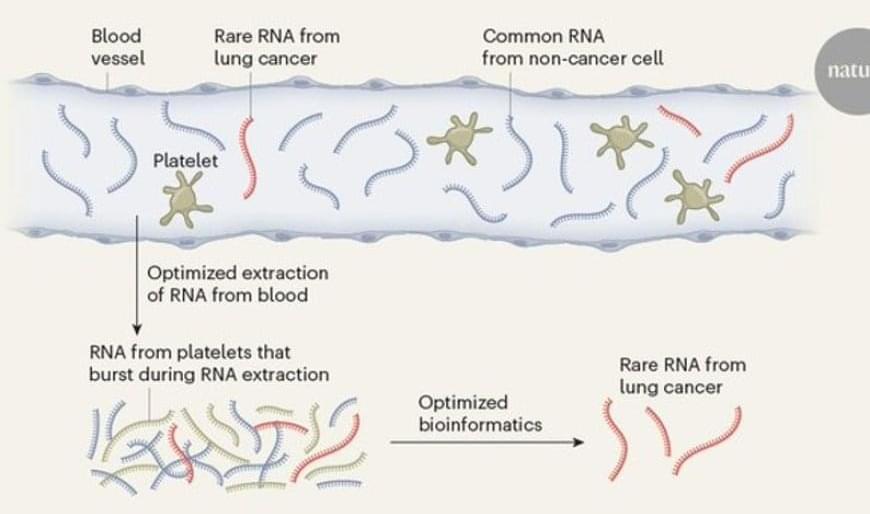
RNA blood test to detect cancers
The researchers have developed a blood test capable of detecting cancers, the ways cancer resists treatments and tissue injury caused by non-cancerous conditions.
The new test analyzes RNA molecules in the bloodstream. This type of RNA is called cell-free RNA because the tiny molecules no longer inhabit a cell. There are always fragments of both DNA and RNA floating in blood — byproducts of natural cell death from all types of tissues and organs throughout the body, including cancerous tumors.
The researchers spent more than six years developing novel methods to target messenger RNA in blood and then used it to identify the presence of cancers at different stages, to track resistance to cancer treatment, and to monitor severity of injury to healthy tissue.
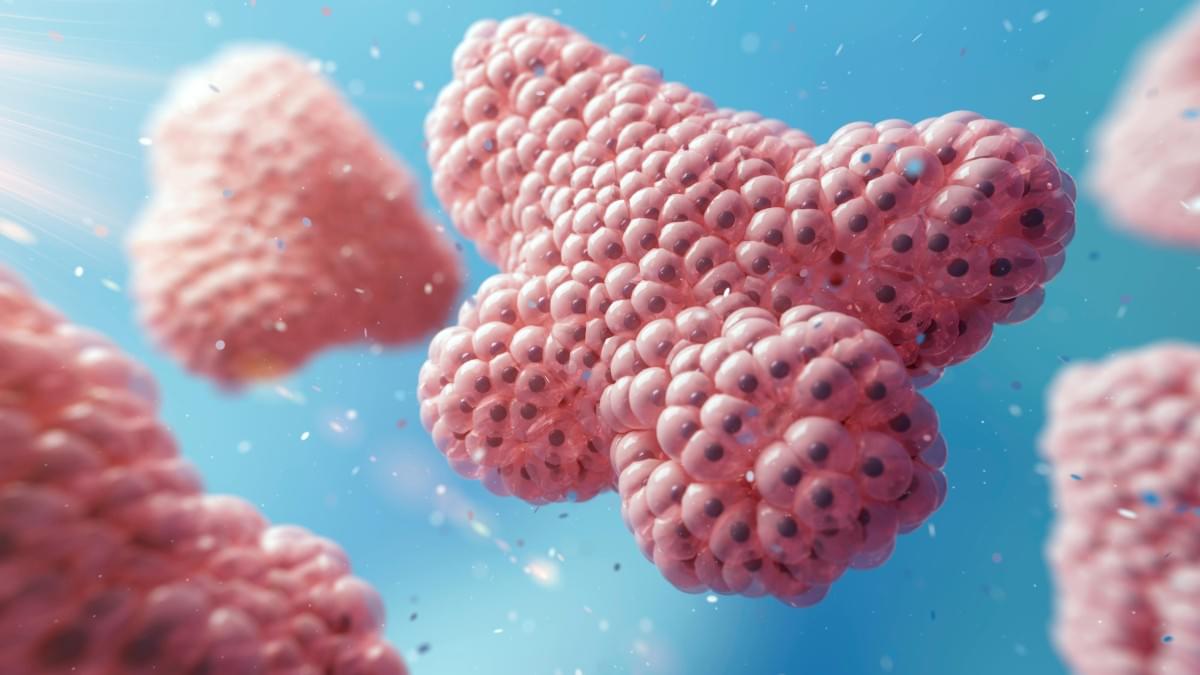
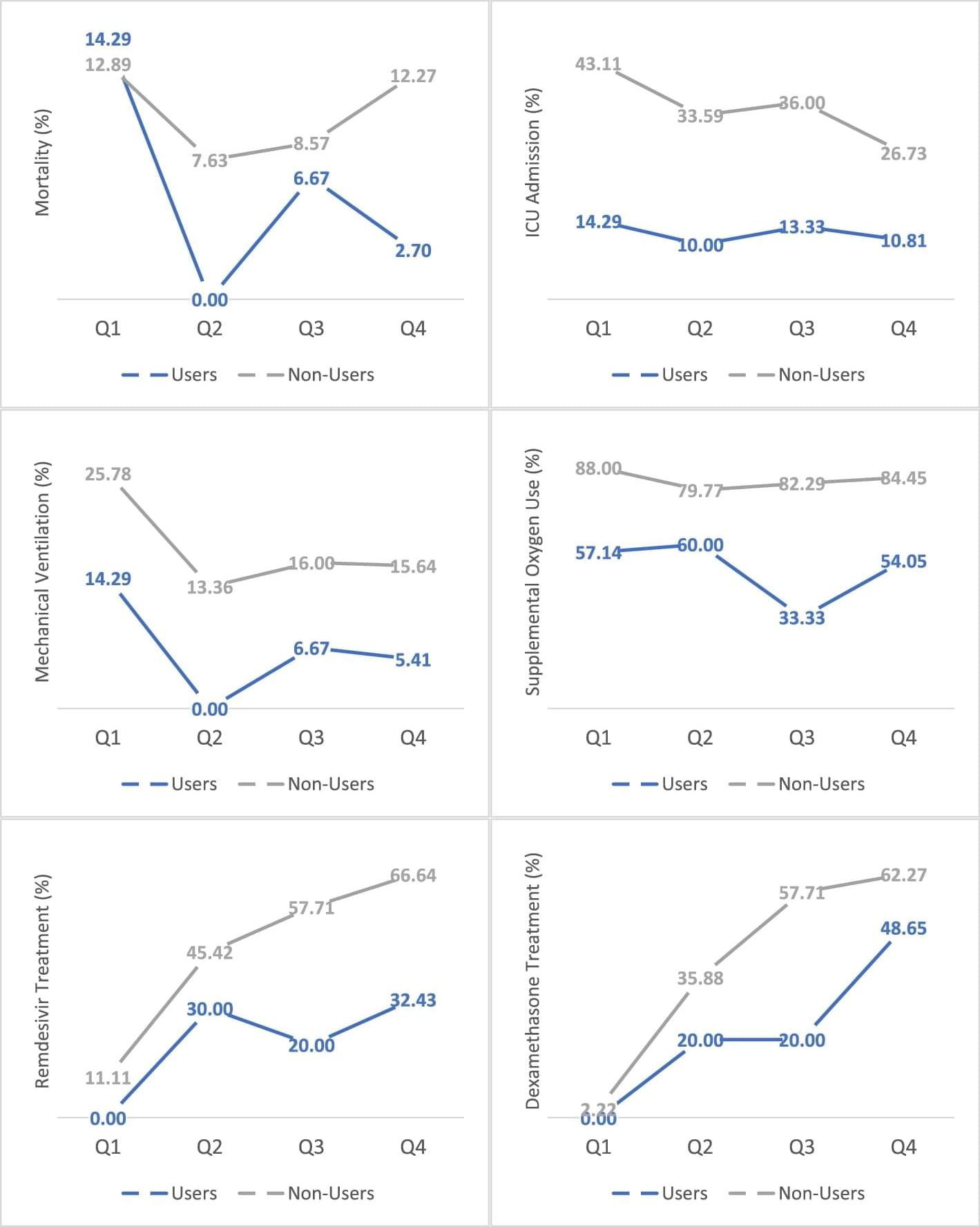
Cannabis consumption is associated with lower COVID-19 severity among hospitalized patients: a retrospective cohort analysis
While cannabis is known to have immunomodulatory properties, the clinical consequences of its use on outcomes in COVID-19 have not been extensively evaluated. We aimed to assess whether cannabis users hospitalized for COVID-19 had improved outcomes compared to non-users.
We conducted a retrospective analysis of 1831 patients admitted to two medical centers in Southern California with a diagnosis of COVID-19. We evaluated outcomes including NIH COVID-19 Severity Score, need for supplemental oxygen, ICU (intensive care unit) admission, mechanical ventilation, length of hospitalization, and in-hospital death for cannabis users and non-users. Cannabis use was reported in the patient’s social history. Propensity matching was used to account for differences in age, body-mass index, sex, race, tobacco smoking history, and comorbidities known to be risk factors for COVID-19 mortality between cannabis users and non-users.
Of 1831 patients admitted with COVID-19, 69 patients reported active cannabis use (4% of the cohort). Active users were younger (44 years vs. 62 years, p < 0.001), less often diabetic (23.2% vs 37.2%, p < 0.021), and more frequently active tobacco smokers (20.3% vs. 4.1%, p < 0.001) compared to non-users. Notably, active users had lower levels of inflammatory markers upon admission than non-users—CRP (C-reactive protein) (3.7 mg/L vs 7.6 mg/L, p < 0.001), ferritin (282 μg/L vs 622 μg/L, p < 0.001), D-dimer (468 ng/mL vs 1,140 ng/mL, p = 0.017), and procalcitonin (0.10 ng/mL vs 0.15 ng/mL, p = 0.001). Based on univariate analysis, cannabis users had significantly better outcomes compared to non-users as reflected in lower NIH scores (5.1 vs 6.0, p < 0.001), shorter hospitalization (4 days vs 6 days, p < 0.001), lower ICU admission rates (12% vs 31%, p < 0.001), and less need for mechanical ventilation (6% vs 17%, p = 0.027).
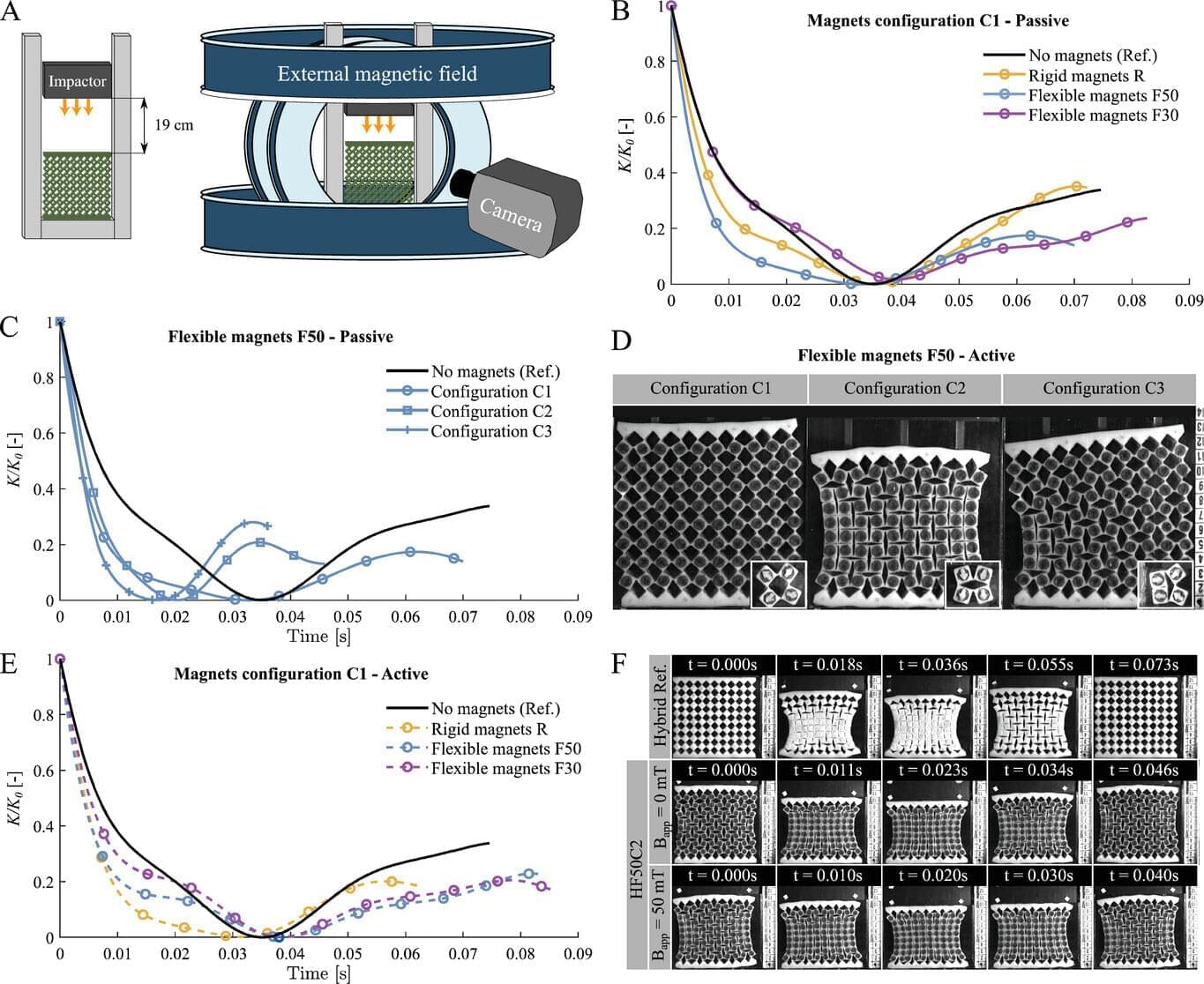
Structurally reprogrammable magnetic metamaterials hold promise for biomedicine, soft robotics
Scientists from Universidad Carlos III de Madrid (UC3M) and Harvard University have experimentally demonstrated that it is possible to reprogram the mechanical and structural behavior of innovative artificial materials with magnetic properties, known as metamaterials, without the need to modify their composition. This technology opens the door to innovations in fields such as biomedicine and soft robotics, among others.
The study, recently published in the journal Advanced Materials, details how to reprogram these mechanical metamaterials by using flexible magnets distributed throughout their structure.
What is innovative about our proposal is the incorporation of small flexible magnets integrated into a rotating rhomboid matrix that allows the stiffness and energy absorption capacity of the structure to be modified by simply changing the distribution of these magnets or applying an external magnetic field. This confers unique properties that are not present in conventional materials or in nature.